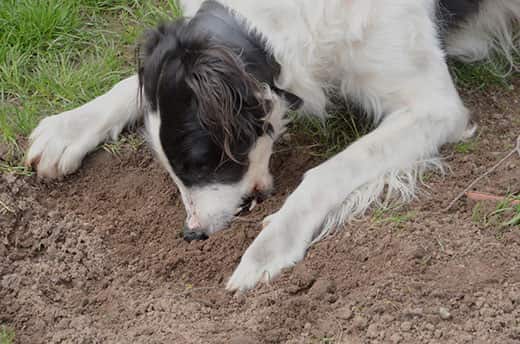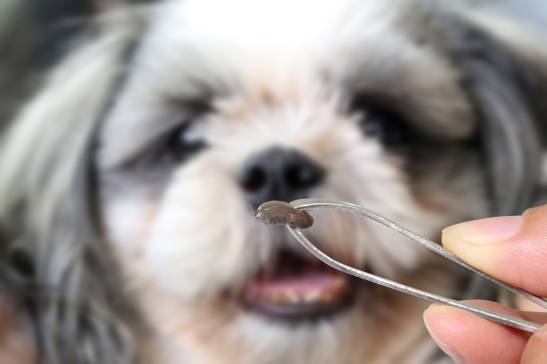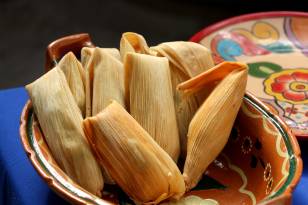Do you enjoy Kurkure as a yummy snack? Many people do! In fact, these are enjoyed by people around the world. Once a treat only available in India, these great treats are also available in the US.
Connect with a verified veterinarian in minutes. Licensed vets are available 24/7 to answer your questions. No need to worry about your furry family member.
But are Kurkure safe for dogs to eat?
What is Kurkure?
Kurkure is a snack food that’s very similar to Cheetos and are extruded corn, or corn puffs. They’re fried or baked and come in a wide variety of flavors.
The ingredients include rice meal, palm oil, corn meal, spices and condiments (onion powder, red chili powder, amchur powder, coriander seed powder, garlic flakes, ginger powder, black pepper powder, turmeric powder, spice extract), gram meal, salt, sugar, tomato powder, citric acid, dextrose, milk solids, edible starch. These ingredients will vary depending on the flavorings used for the Kurkure chips.
They were launched first in India and Pakistan by Frito Lay, which is owned by Pepsico. After that, the snack came to the US.
Can Dogs Eat Kurkure?
While researching this article, we didn’t come across any information that said Kurkure are bad for dogs. However, you have to consider a few things about this snack.
1). It’s high in fat, which is not good for dogs
2). It may contain preservatives and additives that can be harmful to dogs
3). Some flavors may contain onion and garlic, which are toxic to dogs
4). Spice flavors can cause some digestive issues in dogs

Review symptoms, medications & behavior to keep your pets healthy with a Vet Online in just minutes.
Ask a Vet Live NowKurkure—Safe for Dogs or Not?
So, are Kurkure safe for dogs? It depends. If your dog happens to eat just one or two of these chips, he will probably be just fine. However, if a dog eats a large amount of these snacks, then he may develop digestive issues that can include nausea, vomiting, and diarrhea. The more chips a dog eats, the worse the symptoms may be.
It’s all relative to your dog’s size, too. If you have a Chihuahua who ate 20-30 Kurkure, he might become very sick. On the other hand, if a larger dog ate that many, he may have no problems at all.
If your dog has eaten a lot of Kurkure chips, then it may be a good to call your vet. They will have the best advice on how to help your dog.
Our Advice on Dogs Eating Kurkure
Your dog can safely eat a couple of Kurkure without becoming sick. However, the more he eats, there’s a higher chance he could become sick. A once in a rare while treat of 1-2 Kurkure is OK.
However, do be sure to read the ingredients on the bag. Your dog really should not be eating anything that contains garlic and onions. These are known toxins to dogs. So, be careful in what you feed your dog. Always read the label. And remember that 1-2 chips are OK; however, more could make your dog very sick.
Connect with a verified veterinarian in minutes. Licensed vets are available 24/7 to answer your questions. No need to worry about your furry family member.

Julie
Julie is a graduate of the University of North Carolina, Wilmington, where she studied Animal science. Though contrary to the opinion of her parents she was meant to study pharmacy, but she was in love with animals especially cats. Julie currently works in an animal research institute (NGO) in California and loves spending quality time with her little cat. She has the passion for making research about animals, how they survive, their way of life among others and publishes it. Julie is also happily married with two kids.
Review symptoms, medications & behavior to keep your pets healthy with a Vet Online in just minutes.
Ask a Vet Live Now




